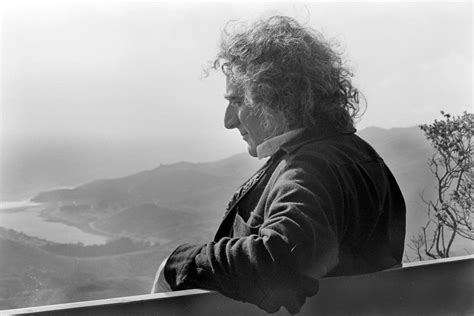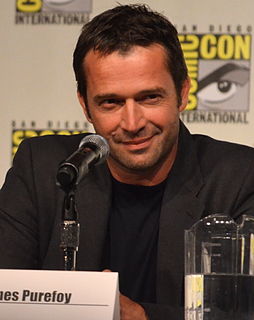A Quote by Oliver Sacks
In examining disease, we gain wisdom about anatomy and physiology and biology. In examining the person with disease, we gain wisdom about life.
Related Quotes
There's nothing good about getting older-absolutely nothing-because the amount of wisdom and experience you gain is negligible compared to what you lose. You do gain a couple of things-you gain a little bittersweet and sour wisdom from your heartbreaks and failures and things-but what you lose is so catastrophic in every way.
People still think of AIDS as a shame-based disease, it's a sexually transmitted disease, and you're either gay or you're a prostitute or an intravenous drug user. And so a lot of people are still very bigoted about this disease. It's such a treatable disease. It's so - the end is in sight for this disease, medically.
Don't separate the mind from the body. Don't separate even character - you can't. Our unit of existence is a body, a physical, tangible, sensate entity with perceptions and reactions that express it and form it simultaneously. Disease is one of our languages. Doctors understand what disease has to say about itself. It's up to the person with the disease to understand what the disease has to say to her.
Those, however, who saw that one cannot attain wisdom and perennial intellectual life, unless it be given through the gift of grace, and that the goodness of the Almighty God is so great that He hears those who invoke His name, and they gain salvation, became humble, acknowledging that they are ignorant, and directed their life as the life of one desiring eternal wisdom. And that is the life of the virtuous, who proceed in the desire for the other life, which is commended by the saints.


































